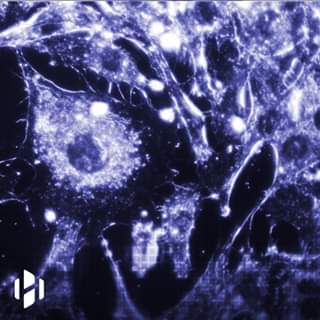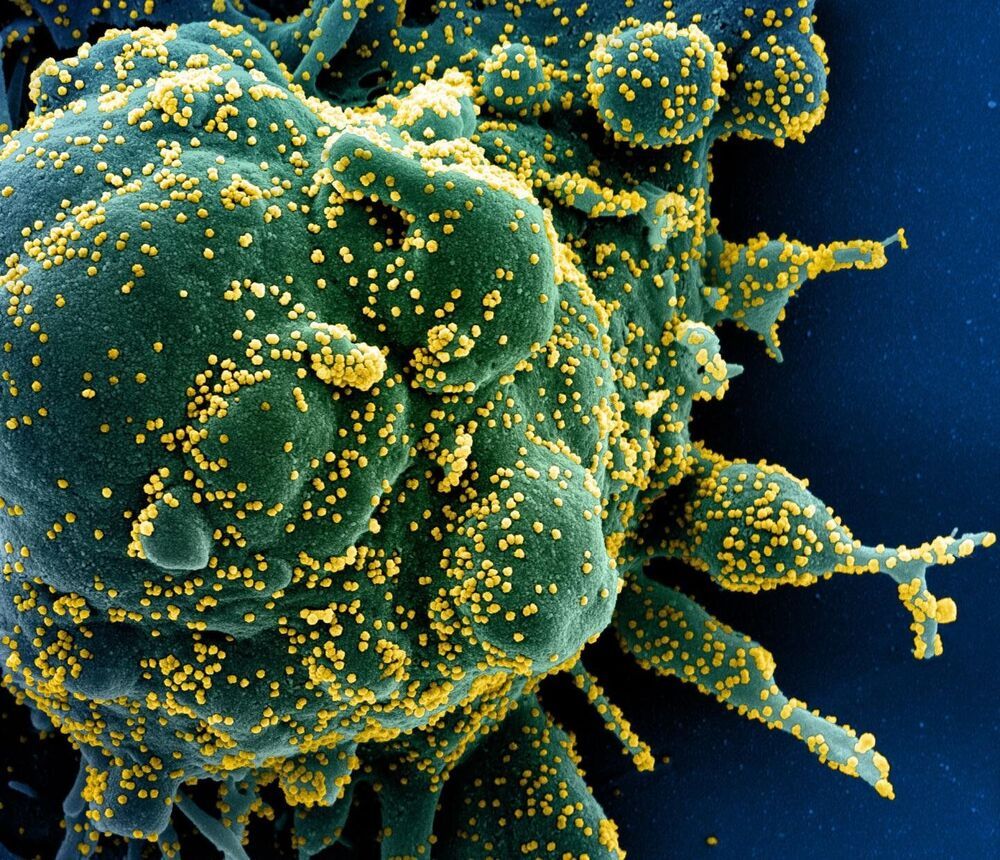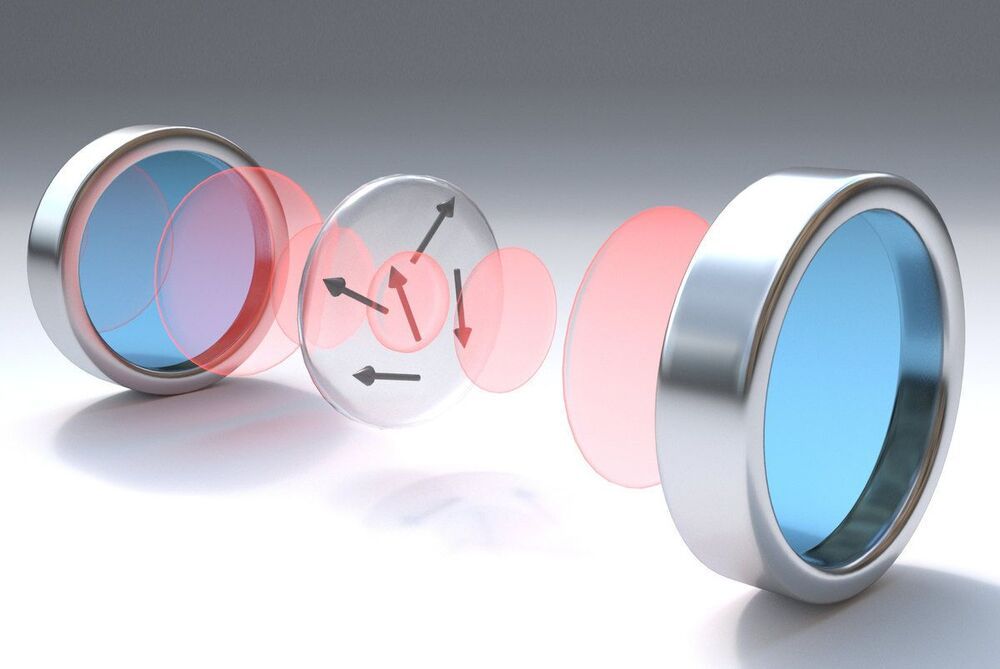👽 Covid 1964…
Fyodor R.
Electron microscopy revealed that a deadly disease of birds was not a form of flu, but a different type of virus entirely.


Professor Emeritus Julian Beinart, an internationally celebrated architect and longtime MIT professor known for his highly influential course on urbanism, died on Oct. 2 due to complications from Parkinson’s disease. He was 88.
“Julian Beinart’s best ideals were the best ideals of this department,” says Nicholas de Monchaux, head of the MIT Department of Architecture. “A tireless student of form, he believed architecture’s role in the city also made it inextricable from politics. His legacy — in South Africa, the U.S., and beyond — also reminds us that the professional obligation of architects to the city stands alongside the civic demands on every one of us, architect or not.”
“Julian’s strengths came from an old-school faith,” says Arindam Dutta, professor of architectural history at MIT. “He believed cities were somehow designed artifacts, and in being so, they could be designed better. It was his task to train designers for this job.”

There’s never been a radio silence quite like this one. After long months with no way of making contact with Voyager 2, NASA has finally reestablished communications with the record-setting interstellar spacecraft.
The breakdown in communications – lasting since March, almost eight months and a whole pandemic ago – wasn’t due to some rogue malfunction, nor any run-in with interstellar space weirdness (although there’s that too).
If last week was a heavy political week in Canada, then this Tuesday was the culmination of an unprecedented period of political turmoil in the US. We’re going to take a look at what the alternative media, but not what the legacy media, is saying about this.
We’ve also reconnected with Henry Hildebrandt, the pastor of the Church of God in Aylmer Ontario. He’s been at the centre of the anti-lockdown protest movement in Ontario almost since the beginning of this so-called pandemic in March 2020.
He’s been so effective, the local Mayor has declared a “state of emergency” in an effort to shut down a planned protest featuring him in Aylmer Ontario on November 7th.
For the show notes, check out http://acuriousguy.blogspot.com/2020/11/the-us-election-aylmer-pastor-henry.html.

Military observers said the disruptive technologies – those that fundamentally change the status quo – might include such things as sixth-generation fighters, high-energy weapons like laser and rail guns, quantum radar and communications systems, new stealth materials, autonomous combat robots, orbital spacecraft, and biological technologies such as prosthetics and powered exoskeletons.
Speeding up the development of ‘strategic forward-looking disruptive technologies’ is a focus of the country’s latest five-year plan.


In the field of molecular epidemiology, the worldwide scientific community has been sleuthing to solve the riddle of the early history of SARS-CoV-2.
Since the first SARS-CoV-2 virus infection was detected in December 2019, tens of thousands of its genomes have been sequenced worldwide, revealing that the coronavirus is mutating, albeit slowly, at a rate of 25 mutations per genome per year.
But despite major efforts, no one to date has identified the first case of human transmission, or “patient zero” in the COVID-19 pandemic. Finding such a case is necessary to better understand how the virus may have jumped from its animal host first to infect humans as well as the history of how the SARS-CoV-2 viral genome has mutated over time and spread globally.

The first quantum revolution brought about semiconductor electronics, the laser and finally the internet. The coming, second quantum revolution promises spy-proof communication, extremely precise quantum sensors and quantum computers for previously unsolvable computing tasks. But this revolution is still in its infancy. A central research object is the interface between local quantum devices and light quanta that enable the remote transmission of highly sensitive quantum information. The Otto-Hahn group “Quantum Networks” at the Max-Planck-Institute of Quantum Optics in Garching is researching such a “quantum modem”. The team has now achieved a first breakthrough in a relatively simple but highly efficient technology that can be integrated into existing fiber optic networks. The work is published this week in Physical Review X.
The Corona pandemic is a daily reminder of how important the internet has become. The World Wide Web, once a by-product of basic physical research, has radically changed our culture. Could a quantum internet become the next major innovation out of physics?
It is still too early to answer that question, but basic research is already working on the quantum internet. Many applications will be more specialized and less sensual than video conferencing, but the importance of absolutely spy-proof long-distance communication is understandable to everyone. “In the future, a quantum internet could be used to connect quantum computers located in different places,” Andreas Reiserer says, “which would considerably increase their computing power!” The physicist heads the independent Otto-Hahn research group “Quantum Networks” at the Max-Planck-Institute of Quantum Optics in Garching.

Here’s my latest video!
My latest blood test results are in-how’s my biological age?
In the video, I discuss my dietary approach prior to my latest blood test, the blood test results, and my plan to improve them with diet going forward.